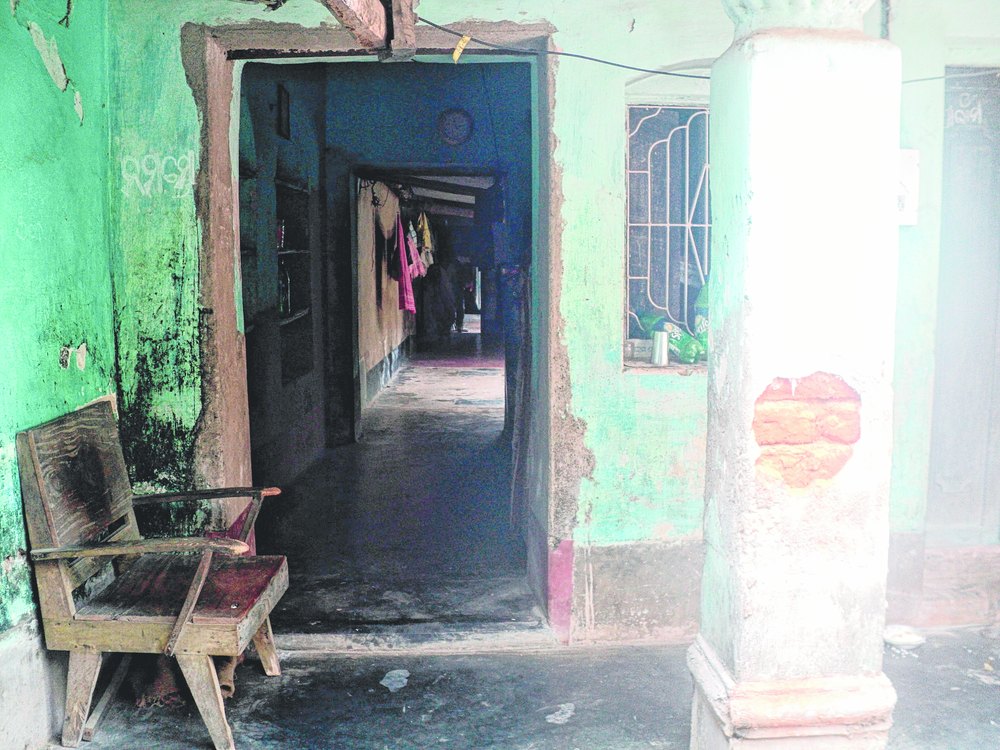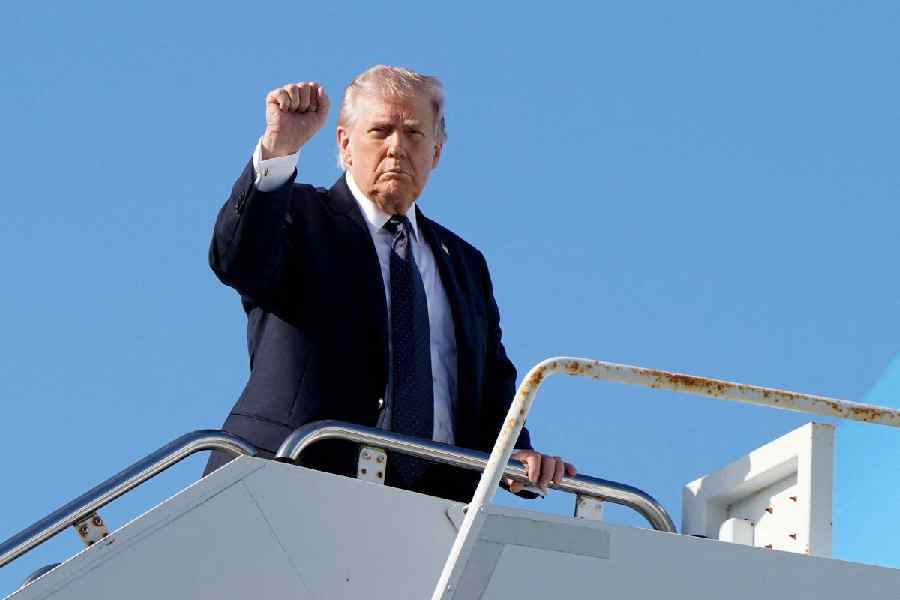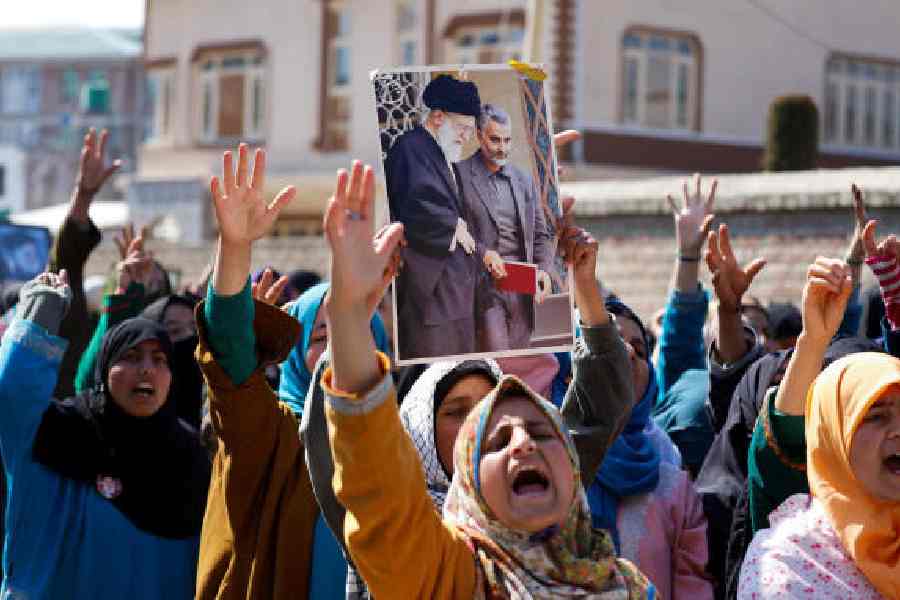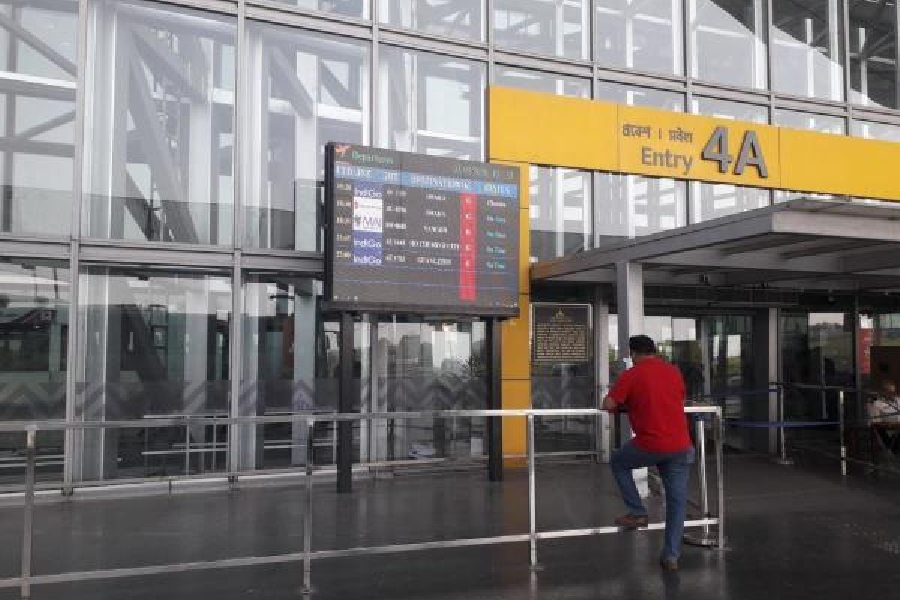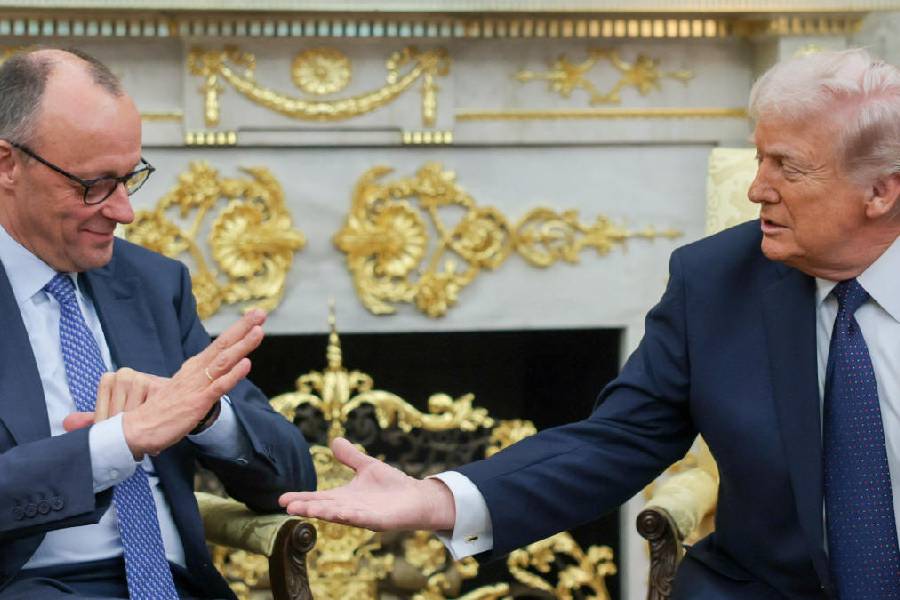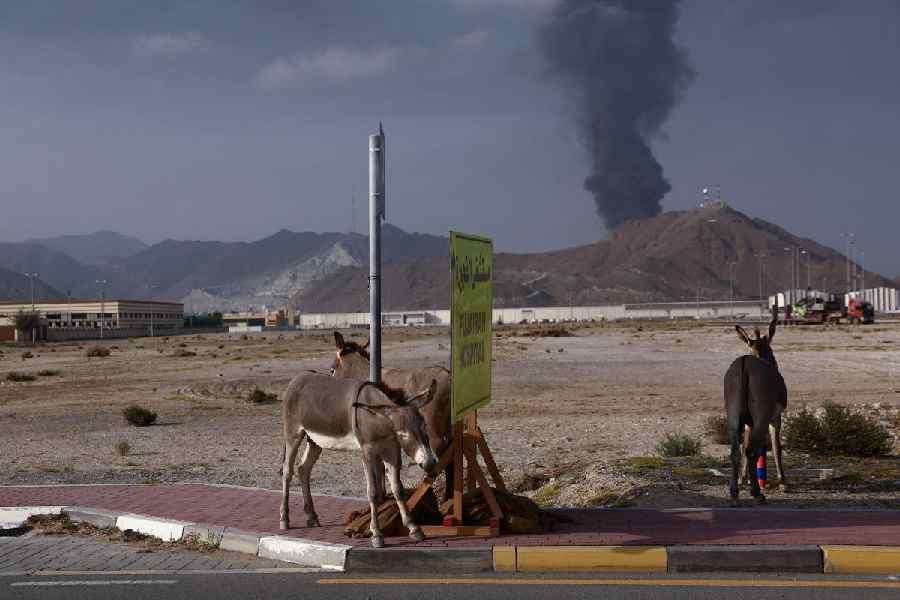

Suando (Puri), March 31: Nothing much has changed in this nondescript village that happens to be the birthplace of Utkalmani Gopabandhu Das, who played a pioneering role in the formation of Odisha as a separate state in 1936.
As a student, Gopabandhu played a major role in organising the first convention of Utkal Sammilani - the association that fought hard to make Odisha a separate state in 1903. Gopabandhu went on to become its president in 1919. However, he passed away in 1928, eight years before the formation of Odisha as a separate province. Gopabandhu shared a deep bond with Utkal Gaurab Madhusudan Das, who is considered one of the architects of modern Odisha.
Though Odisha turns 79 tomorrow, his native village, about 8km from Sakhigopal on Puri-Bhubaneswar road, is still wallowing in neglect.
As one travels towards Suando from Sakhigopal, a single concrete road leads to the village, where the thatched house of Gopabandhu lies in a ramshackle state. A statue of Odisha's illustrious son has been installed in one of the rooms, where the relatives claim Gopabandhu was born. Outside the house stands a bust of the freedom fighter. Once every year, local politicians and officials turn up at this house built on 20 decimal of land to offer floral tributes to the freedom fighter.
"As nothing has been done to commemorate him, even our boys are not aware of his contribution to the area and the state," says 32-year-old villager Sudhir Das. In one of the rooms, Gopabandhu's family deity - Binod Bihari (Krishna) and Radha - are worshipped. Divine presence has not brought any luck to this room. It lies as neglected as the others.
Das's relative and caretaker of his house Rabindranath Das said: "We have to depend on the income from the meagre agricultural land that is left with us. We are seven brothers but only two of us stay here. As there is no assistance from any quarter, we are unable to repair the house."
Das, however, said that he and his brother were willing to leave the place if the government could make alternative arrangements for them.
The government, which is yet to build a memorial to Gopabandhu, appears hamstrung by a family dispute involving the house. His two immediate grandsons, who are the sons of his youngest daughter, feel that once the family dispute is resolved, the government should erect a memorial to Gopabandhu at Suando. If that does not happen then the memorial should be build at a place where Gopabandhu has spent the better part of his life and worked for the uplift of the poor.
Former law professor of University Law College and grandson of Gopabandhu, Dinabandhu Das, 65, says: "We have almost forgotten his contribution to the state. If there is a will, there is a way. Most of his life was spent at places such as Sakhigopal, Puri and Cuttack. The government could have built a memorial at any of these places."
Gopabandhu had two daughters - Sarangini Devi and Kiritmayee Devi - but all his three sons died in their childhood. Sarangini Devi, who married an illustrious teacher Ratanakar Pati, had a daughter named Prabhamaee Devi and two sons, Tribkiram Pati and Hrudananda Pati. All of them are no longer alive.
Kirtimayee Devi, who married an official in the state cooperative department Narayan Mishra, had seven children. His five sons were Satayabadi, Narasingha, Chandrasekhar, Pitabasa and Dinabandu and two daughters Manorama and Menaka. All of them except Pitabasa, Dinabandu and Manorama have passed away. The Telegraph met and spoke to all the three survivors of Gopabandhu.
The youngest sibling Dinabandu, who retired as law professor, maintains that people as well as the government have failed to realise the importance of Gopabandhu. "We should not treat him as a human being but as an ideal or a new thought."
He maintained that Gopabandhu had worked for the merger of Sareikala and Kharsawan (now in Jharkhand) and some other parts of states such as Chhattisgarh and Andhra Pradesh with Odisha.
"The logic was to culturally and physically integrate these areas that were once a part of the greater Utkal with the state. Though in a changing political scenario this is not possible, steps should be taken by the government to promote Odia culture in those regions where the language is still spoken though they are not part of the state."
Reminiscing about Gopabandhu, he said: "I feel a sense of ecstasy and purity when I think of myself as the grandson of Gopabandhu. To be like Gopabandhu is tough but some of his qualities such as honesty and austerity have come to us naturally."
But in contrast, 81-year-old Pitabasa Mishra wants to forget that he is the grandson of the great freedom fighter. Pitabasa, who is the father of former secretary of Odisha Bar Association Kali Prasanna Mishra, says: "Though all of us are now settled by dint of our hard work, we have not got anything in life for the virtue of him being our ancestor. Sometimes, we have been subjected to mental torture by our opponents." He also rues that the family has also failed to get due recognition from the Odisha vernacular paper that Gopabandhu had set up.
"What we want is that all the related documents and his unpublished works should be handed over to us. But nothing has happened," he said.
Recalling Gopabandhu, Manorma Debi, 77, who is also a noted social worker and a life member of the State Red Cross said: "Efforts should be made to bring together all the material related to him, including his unpublished works. This should be done by the government and put in a particular place for its proper display so that the younger generation can learn about the great man."
One wonders when the state would wake up and give the great man his due.

